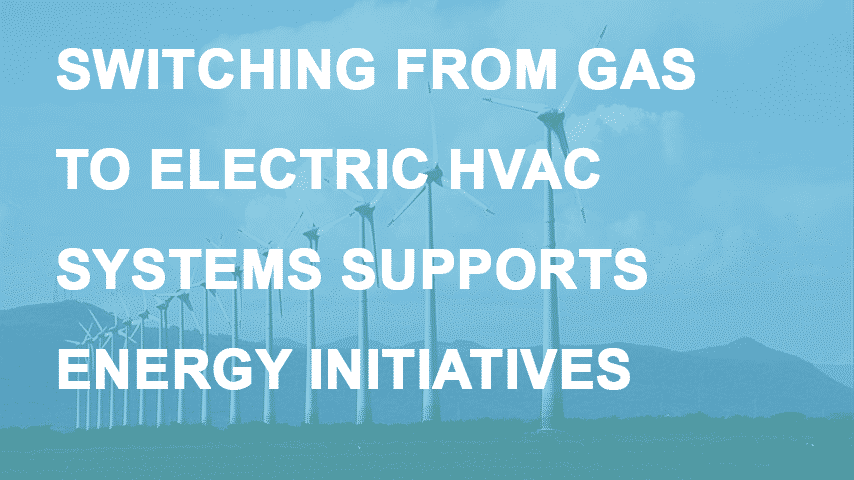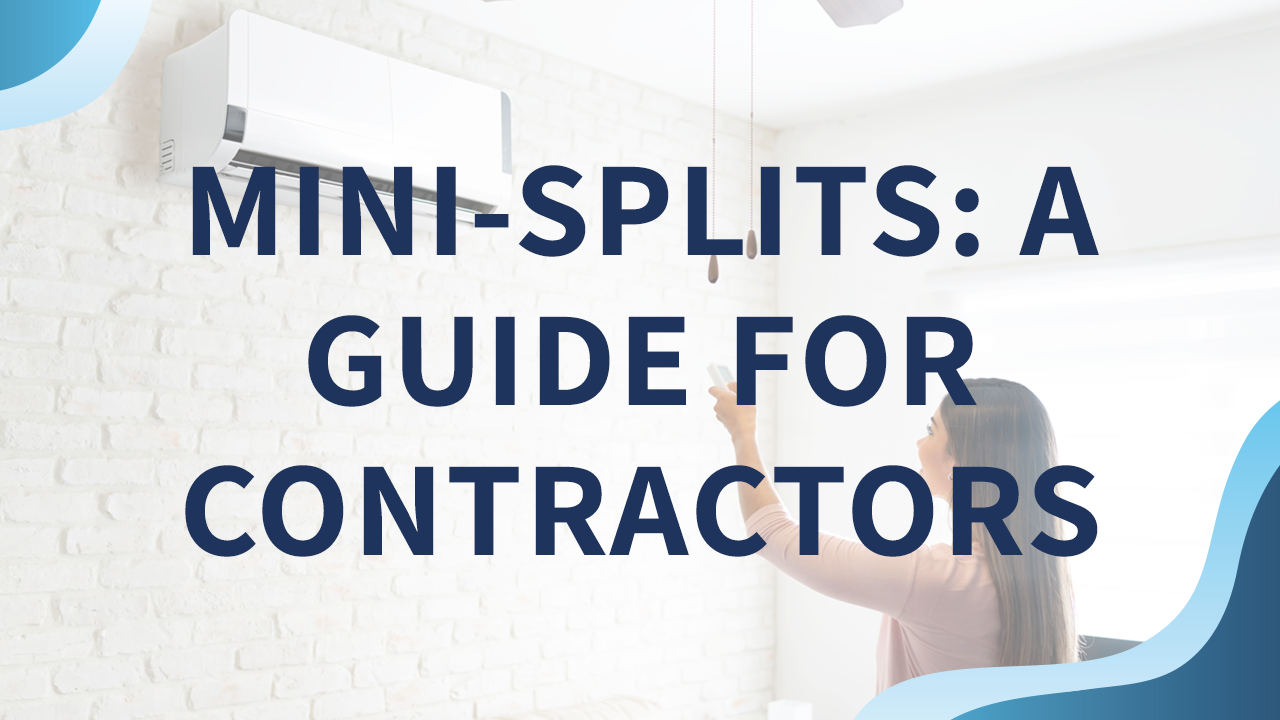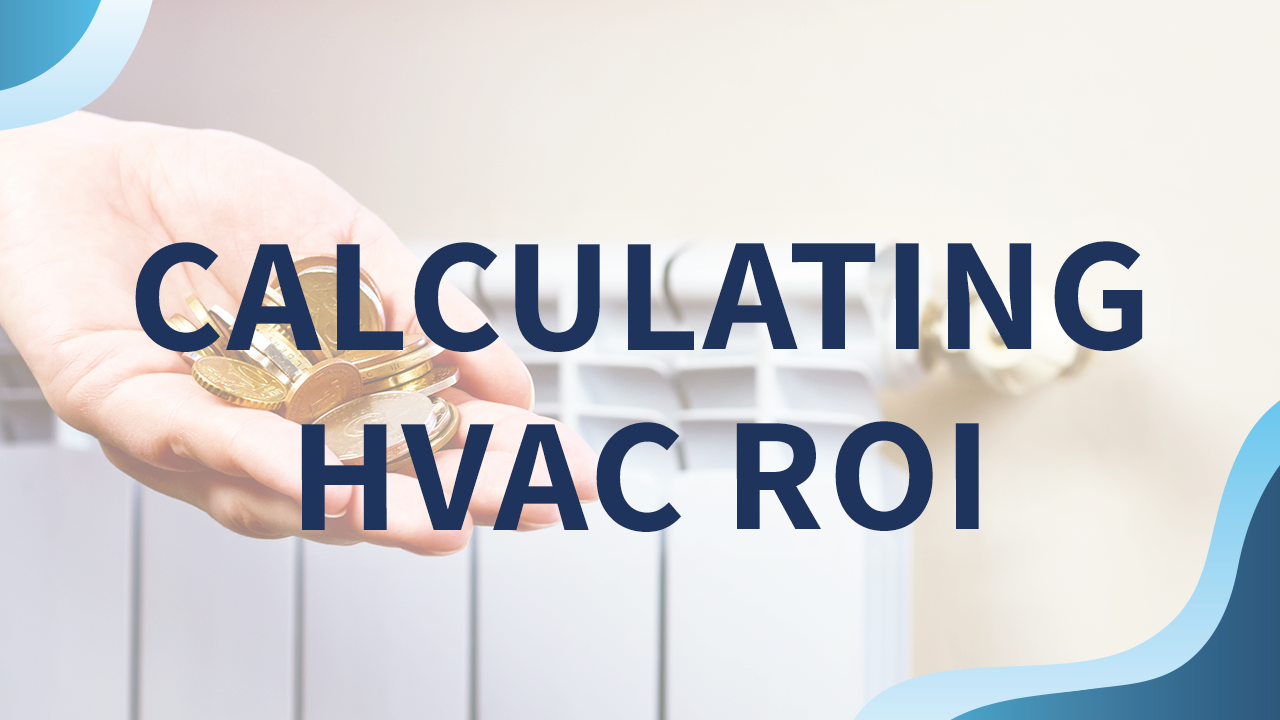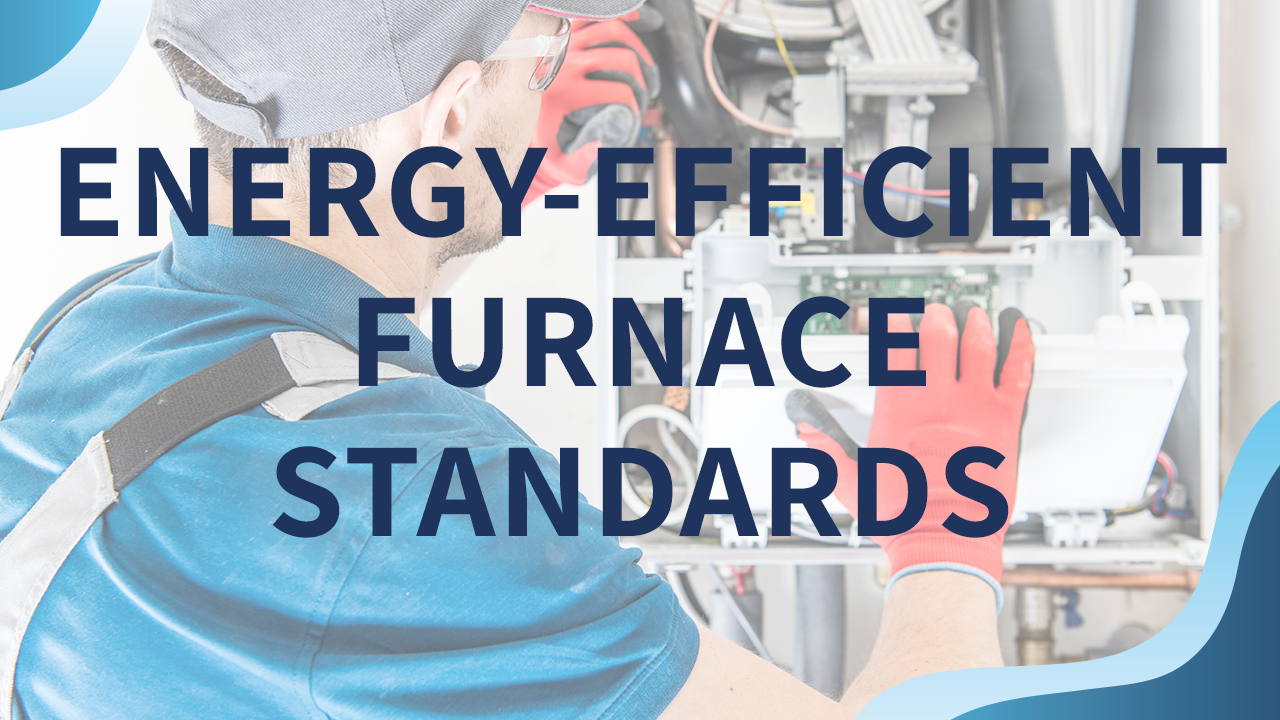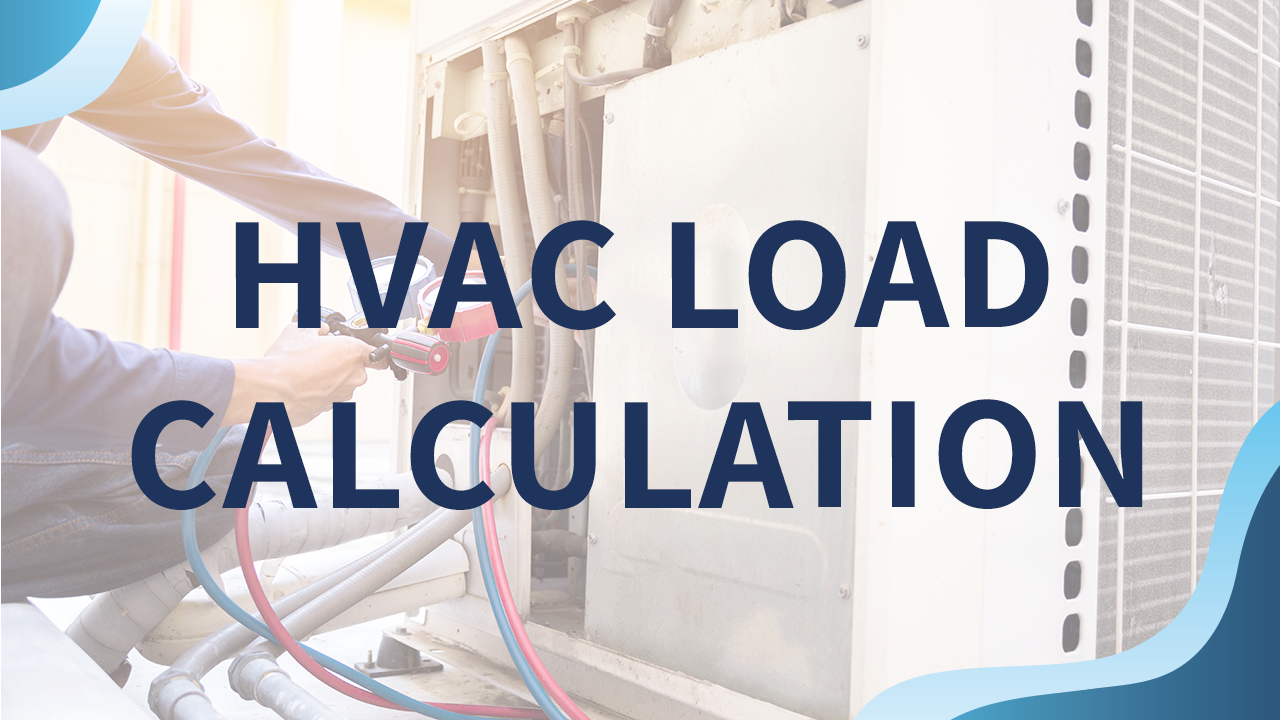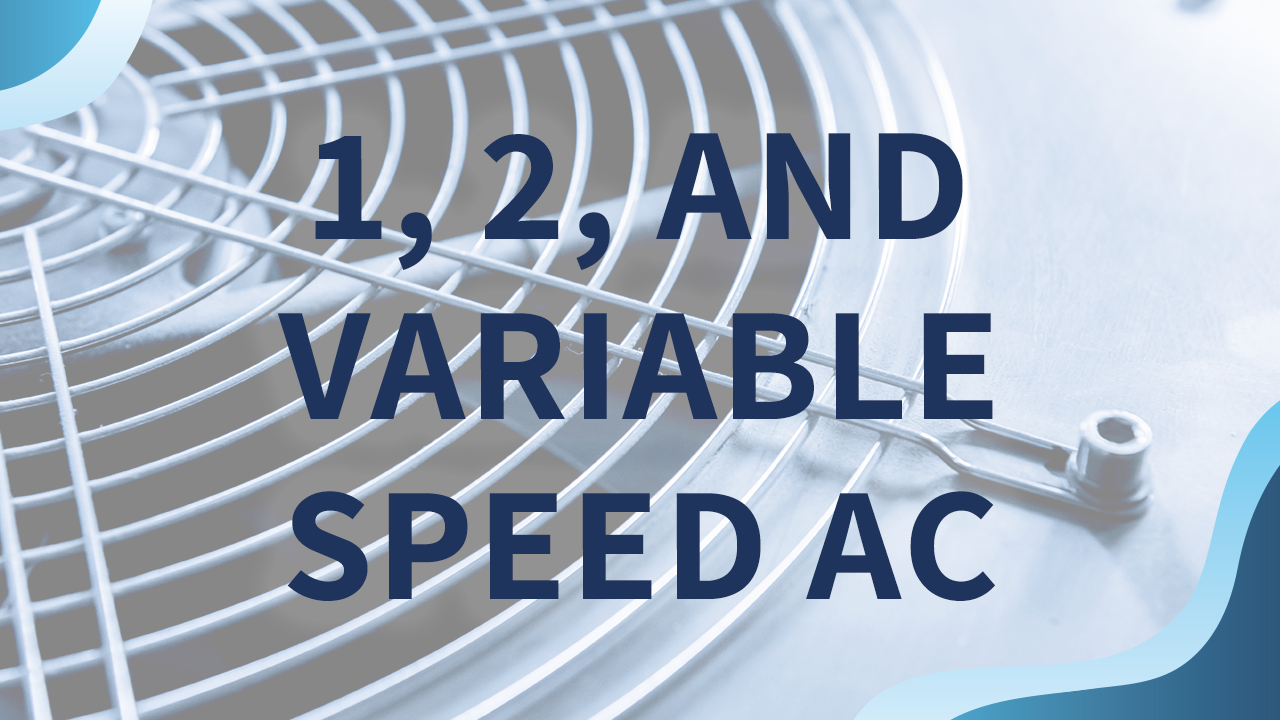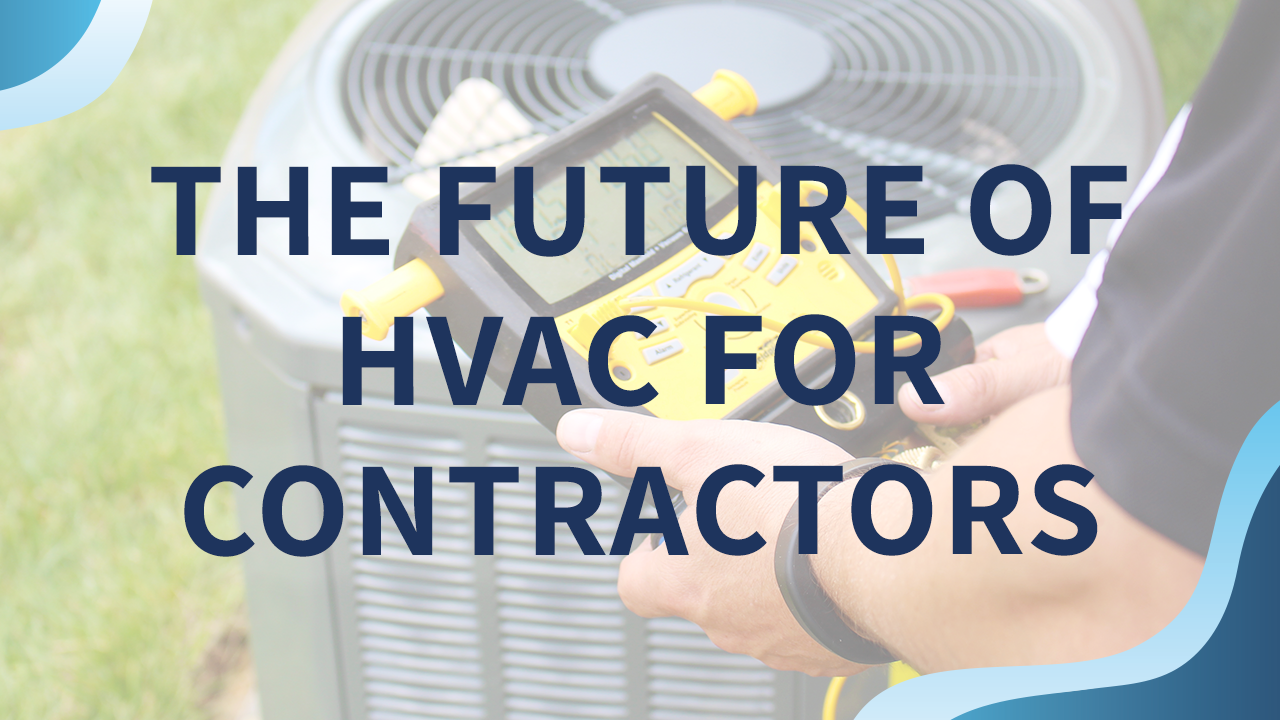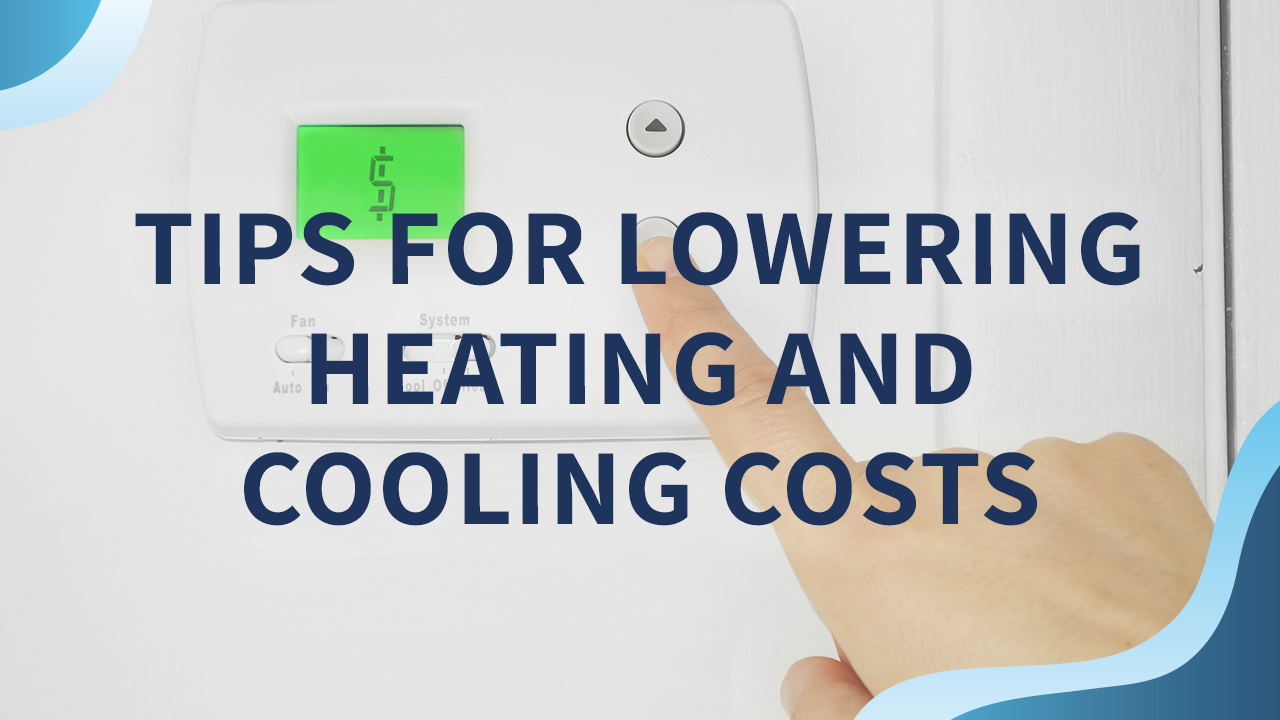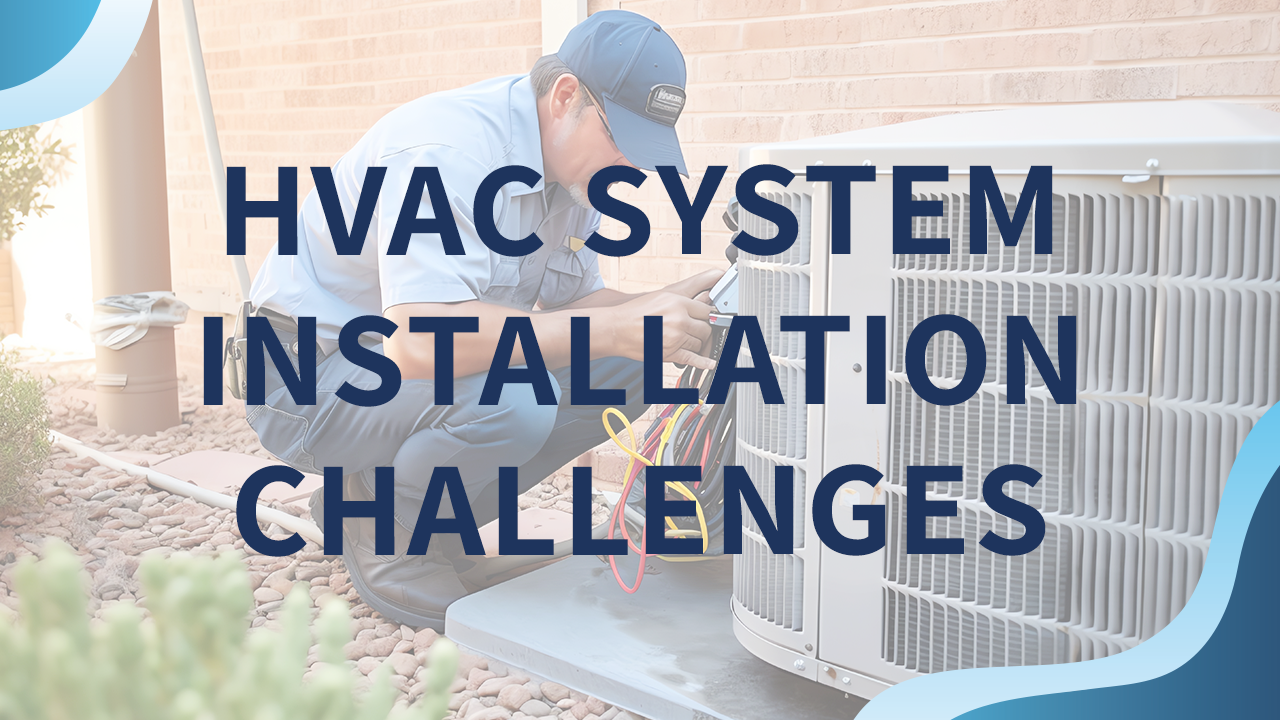During his second full month in office, President Joe Biden introduced a $2.3 trillion infrastructure plan with plenty of emphasis on battling climate change. Not only did the plan include $174 billion to boost the electric vehicle market, but it also featured $100 billion to update the country’s electrical grid. This creates more resilience to extreme climate events and supports the transition away from natural gas. In fact, Biden set a 2030 goal for eliminating greenhouse gas emissions from all new American buildings.
“If we act now, in 50 years people are going to look back and say: ‘This was the moment that America won the future,’” Biden said during an appearance in Pittsburgh.
The transition away from gas-powered HVAC systems has been hastened in recent years as multiple U.S. cities enact their own rules prohibiting the use of natural gas in new residential construction. More than 40 cities have banned natural gas since 2019, for example, cities in California like San Francisco, Oakland and San Jose. However, about half of all U.S. homes still are heated by natural gas, and many consumers remain hesitant to make the switch. After all, we’ve been told for decades that gas is the more cost-efficient option for heating and cooling our homes and other properties.
It would be unreasonable to expect consumers to rush out and make large investments in new heating and cooling systems. However, existing equipment won’t last forever, and there are a few reasons to seriously consider transitioning to electric-powered HVAC when the time comes for a replacement. Consider the following five benefits of an electric furnace and air conditioning system:
1. Electric HVAC is Safer
Enhanced safety is always an important benefit of an electric HVAC system. They simply are safer than the gas-powered variety. Since electric furnaces don’t use gas or oil, they can’t cause hazardous leaks in the home. Electric equipment also does not produce even trace amounts of carbon dioxide, enhancing the air quality in buildings heated and cooled with electricity. Most of all, however, is the reduced flammability of electric-powered HVAC units. Since electric furnaces don’t use flame or fuel combustion to heat a building, there is a far lesser risk of fire.
2. Electricity boosts HVAC efficiency
Since more energy is used to control the climate of a building than for any other purpose, increased efficiency is always an HVAC goal. It’s a common misconception that it costs more to operate an electric furnace. However, an electric HVAC system can be a more cost-efficient choice. While electricity costs more than gas or oil, an electric furnace consumes far fewer units of energy to support the HVAC’s operation, resulting in lower energy bills and reduced environmental impact.
An article featured in Constructech shared that “ Motili and EER are providing and installing modern, high-efficient, capable heat pumps and electric systems. They have begun to ‘electrify the grid’ by helping homeowners convert their heating systems to energy efficient systems, capable of heating and cooling in an effective manner.”
3. Electric HVAC systems are more affordable
An electric HVAC system can actually cost less than gas-powered equipment of a similar size. Since replacing HVAC equipment is almost always a hefty investment, it only makes sense to choose the more affordable option. For even more savings, consumers can choose an electric furnace that also features a heat pump, which greatly reduces heating costs, even when outdoor temperatures drop below freezing.
4. Electric HVAC equipment lasts longer
As HVAC equipment involves such a significant investment, property owners and operators want to make sure they get the longest-possible lifespan from their heating and cooling system. Since they generally contain fewer moving parts that can wear over time, electric HVAC systems last longer than gas models. Electric furnaces typically boast a lifespan of more than 20 years, compared to just 10-15 for similar gas-powered equipment.
5. Electricity is a readily available fuel source
No matter where in America you might travel, you’ll almost always have access to the electric grid. Also, since electricity can be generated in various ways, it’s unlikely the supply will dwindle beyond use. Natural gas, on the other hand, requires lines to run to a property and provide a consistent supply of fuel. Some places don’t even have the hookups to support natural gas furnaces, whether the owner wants them or not. Likewise, as already mentioned, local governments are moving to ban gas HVAC systems in new construction.
Motili ‘s VP of Business Development and Sales, Matthew Salle, stated that “Electrification of HVAC is a macro-trend in the United States today. As more states look to reduce their carbon emissions and utility providers continue to bring more sustainable sources online, high efficiency electric sources are top of mind.
Heat-pump based systems are all electric and don’t rely on fossil fuel sources to provide heating or cooling in houses. Modern, high efficiency systems have seen major technological advances, allowing them to operate more reliably, and more powerfully in cold climates as well.
High efficiency heat pump systems are now available with variable speed motors and inverter compressors – allowing the systems to maximize both comfort and efficiency – proving that electric, Heat-pump based HVAC are the future!”
Granted, massive electrification carries its own risks. Mass adoption of electric heating and cooling potentially could overload the grid. After all, we’re talking about half of the HVAC units in the country. Fortunately, Biden included upgrades to the grid in his infrastructure plan, so the transition could be within reach.
